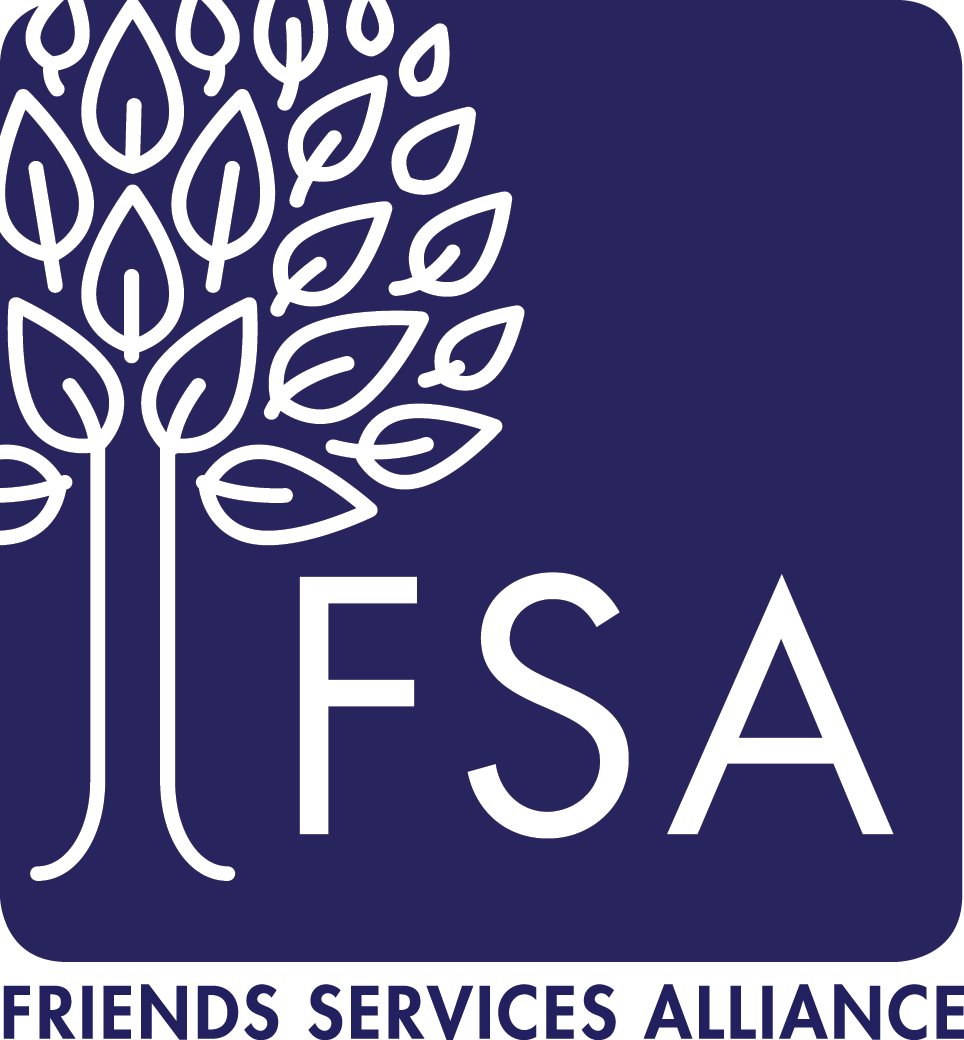One of the questions FSA Compliance hears from senior care organizations most frequently is, “Why do we have to have a compliance program?” or “Why does our compliance program need to include our whole campus?” Generally, our response has been that compliance programs are a best practice, given that the healthcare industry regularly accounts for the majority of collections from the Department of Justice (DOJ) civil enforcement actions, (more than 2.5 billion – nearly 87% of the total recoveries in FY 2018). Other reasons to incorporate a compliance program: they are mandated by the Affordable Care Act, and designed based on guidance from the Office of Inspector General (OIG), guidance from the DOJ, and regulatory requirements from Centers for Medicare and Medicaid Services (CMS).
The CMS requirement for a Compliance and Ethics Program has been issued since November 2019 for Nursing Homes, but the COVID-19 pandemic has likely placed a few other priorities on your plate in recent months. It may also be challenging to complete plans for your program since the CMS Rules of Participation Phase 3 have not yet been finalized in the State Operations Manual. Even without CMS guidelines, organizations are still expected to follow the guidances issued by the OIG (2000, 2008).
Whether or not this is a regulatory requirement for your organization, a good Compliance and Ethics Program will demonstrate your commitment to creating a culture of compliance, to operate with integrity, and to reduce the risk of misconduct that could lead to serious consequences.
Healthcare organizations are under intensive scrutiny, and it has never been more important to do the right thing!
Does your program include the 8 Elements necessary for Effective Compliance Programs?
FSA’s support services include a team of Compliance and Risk Management experts who have supported organizations in developing and maintaining effective Compliance and Ethics Programs for over 20 years. We would like to help you ensure that your Compliance Program has the necessary building blocks for success.
Each month, we will delve further into each of the 8 elements to help ensure the effective functioning of your Compliance and Ethics Program. Stay tuned.




